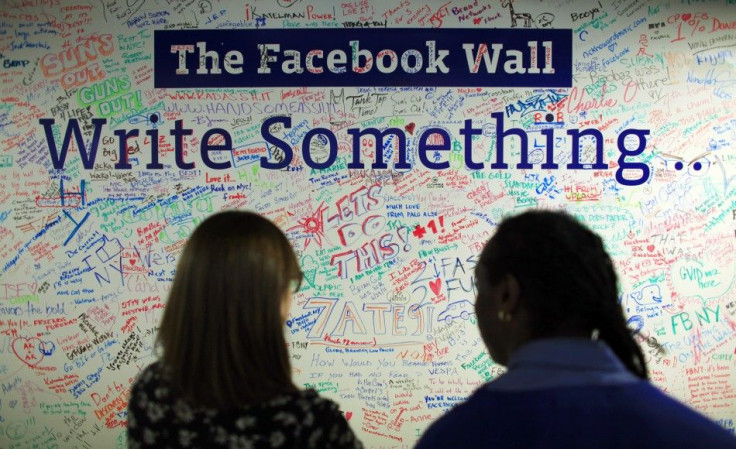Facebook Envy: Digital Grass Greener on the Other Side

Facebook users lead happier, more fulfilled lives the more they post, giving proof that life seems greener on the other side of the digital realm, too, according to a new survey.
But there is a cure for digital envy: Hang out with more friends in person.
Two social psychology researchers at Utah Valley University, led by Hui-Tzu Grace Chou, surveyed 425 undergraduate students in the fall of 2010 and spring of 2011.
Those surveyed ranked from a scale of one (strongly disagree) to 10 (strongly agree): How much would you agree with the following statements? Many of my friends have a better life than me; many of my friends are happier than me; life is fair.
The result? The longer someone used Facebook, the more likely those surveyed said that others were happier
For those that have used Facebook longer, it is easier to remember positive messages and happy pictures posted on Facebook; these readily available examples give users an impression that others are happier, the authors wrote. One could argue that frequent Facebook users shall know the tricks others use to manage the impression; therefore experienced Facebook users could avoid the potential distorted perception. However, the results of the research suggest that frequent Facebook users tend to perceive that others are happier.
The sociologists published their results online Wednesday in the journal Cyberpsychology, Behavior, and Social Networking.
However, envy can be managed by interacting with people in the offline world, the researchers found.
The results of this research found that the more hours people spent going out with their friends, the less they agreed that others have better lives and are happier, the authors wrote. In other words, when people have more off-line interactions with their friends.
Even Chou has had personal experience with Facebook envy.
When I started to use the Facebook several years ago, I found myself feeling that others' lives seem to be happier, since most of the posts and photos I see through the Facebook are happy and sunny, Chou wrote in an email. As a social psychologist, I found even myself falling into the trap of misperception.
© Copyright IBTimes 2025. All rights reserved.





















